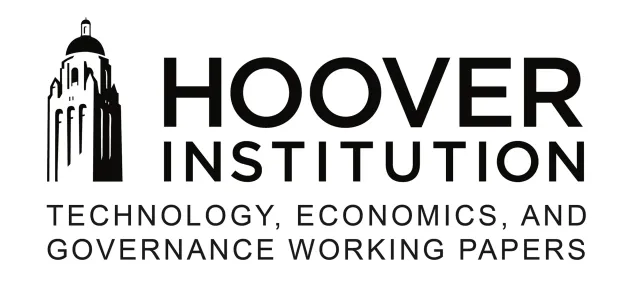The Hoover Institution has acquired an oral history collection of 130 interviews, most of them with major political and cultural figures and dissident activists from Central and Eastern Europe, recorded between 1976 and 2008. Andrew Nagorski, an award-winning journalist and author who spent more than three decades as a foreign correspondent and editor for Newsweek, donated the original cassette tapes of his interviews, which have now been digitalized and can be accessed at the Hoover Archives.
They will also be soon available online at: https://digitalcollections.hoover.org/search/nagorski
Among those interviewed:
From Poland (most interviews are in Polish): Lech Wałęsa, Wisława Szymborska, Ryszard Kapuściński, Andrzej Wajda, Ryszard Kukliński; from Russia (most interviews are in Russian): Mikhail Gorbachev, Yegor Gaidar, Vladimir Voinovich, Roy Medvedev, former Gulag prisoners; from Czechoslovakia and later the Czech Republic: Václav Havel, Václav Klaus, Jiři Dientsbier, Václav Mály, Petr Uhl; from Hungary: Árpád Göncz, Jószef Antall, Imre Mécs, Sándor Rácz; from Germany: Helmut Kohl, Joachim Gauck, Stefan Heym, Petra Kelly. Other assorted interviews include Milovan Djilas, Simon Wiesenthal, Steven Spielberg, Kenneth Kaunda and Alan Paton. A complete list is available at: Preliminary Inventory of the Andrew Nagorski interview recordings
As Nagorski explained, he decided to donate his interviews to the Hoover Library & Archives because he has visited them often while doing the research for his books. “I have benefited immensely from many of the collections in the Hoover Archives, and I am delighted to be able to contribute something that I hope future students and historians will find useful,” he said.
Nagorski was born in Scotland to Polish parents, moved to the United States as an infant and has rarely stopped moving since. He served as Newsweek’s bureau chief in Hong Kong, Rome, Bonn, Berlin, Warsaw, and two tours of duty in Moscow, first in the early 1980s and then from 1995 to 1996. In 1982, he gained international notoriety when the Soviet government, angry about his enterprising reporting, expelled him from the country.
In 1988, Nagorski took a one-year leave of absence to serve as a senior associate at the Carnegie Endowment for International Peace in Washington, D.C. In recent years, he has also served as an adjunct professor at Bard College's Center for Globalization and International Affairs, teaching a course on international affairs writing. He is chairman of the board of the Polish-American Freedom Foundation, a member of the board of the Jacksonville World Affairs Council, and a member of the Council on Foreign Relations and the Overseas Press Club.
In 2009, Poland's Foreign Minister Radosław Sikorski presented Nagorski with the newly created Bene Merito award for his reporting from Poland about the Solidarity movement in the 1980s. In 2011, Poland's President Bronisław Komorowski awarded him the Knight’s Cross of the Order of Merit of the Republic of Poland for the same reason. In 2014, Poland’s former President and Solidarity leader Lech Walesa presented the “Lech Walesa Media Award” to Nagorski “for dedication to the cause of freedom and writing about Poland’s history and culture.”
Nagorski now lives in St. Augustine, Florida but continues to travel extensively, writing for numerous publications. He is the author of six books, most recently Hitlerland: American Eyewitnesses to the Nazi Rise to Power and The Nazi Hunters, which have received rave reviews from The Wall Street Journal, The Washington Post and numerous other publications. His new book, The Year Germany Lost the War: 1941, will be published in May 2019.









